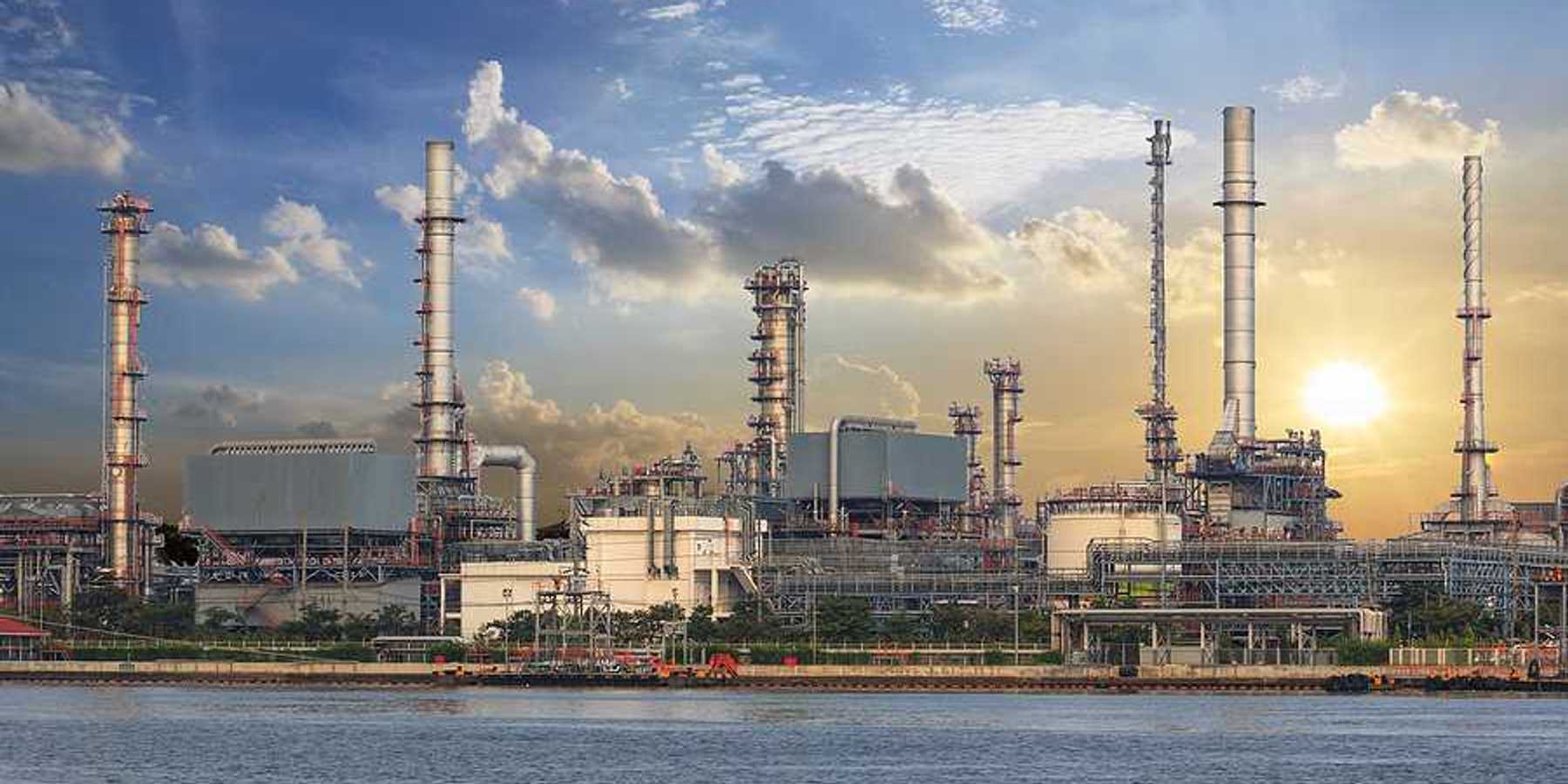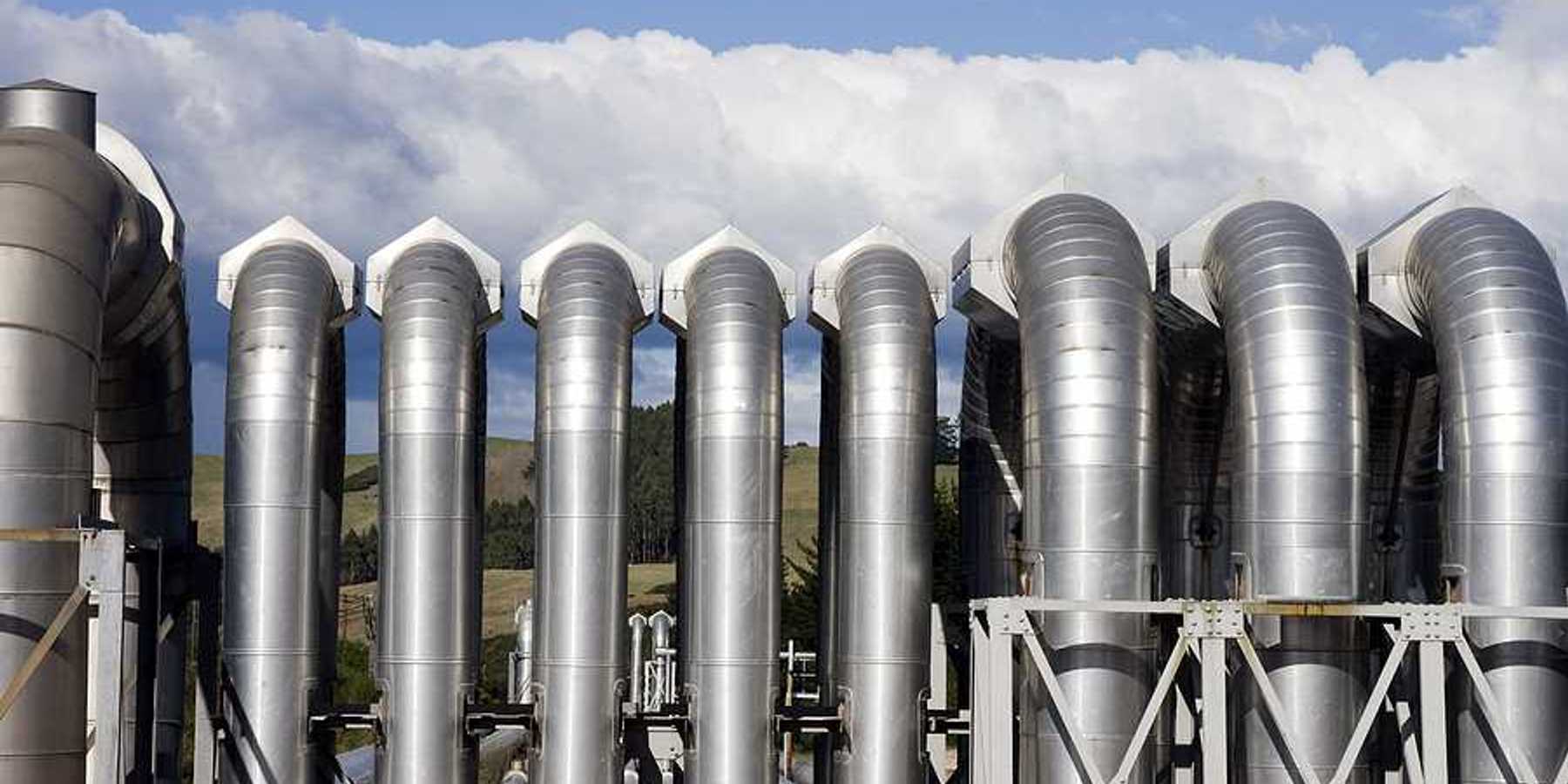Biden’s climate bill faces hurdles in rolling out funds
The Inflation Reduction Act allocated $370 billion to address climate change, but a mix of bureaucratic challenges, delays and political tension has slowed its impact.
In short:
- The Inflation Reduction Act aimed to boost clean energy and create jobs, but much of its funding remains unspent two years later.
- Local governments struggle to distribute funds due to administrative challenges, while recipients face obstacles like supply chain delays and complex paperwork.
- President-elect Donald Trump has signaled plans to halt remaining funding, but entrenched investments may limit his efforts.
Key quote:
“There’s always a sense that if money is spent too quickly, people might get used to the money, maybe even addicted to it, and then officials would have to raise taxes to make up the difference” when it runs out.
— Donald Kettl, professor emeritus at the University of Maryland
Why this matters:
The IRA represents the largest U.S. investment in combating climate change. Delays in implementation hinder progress toward critical environmental goals. Political shifts threaten the stability of these efforts, particularly in regions where renewable energy infrastructure is just beginning to take root.
Related: Trump administration plans rapid reversal of Biden climate policies













